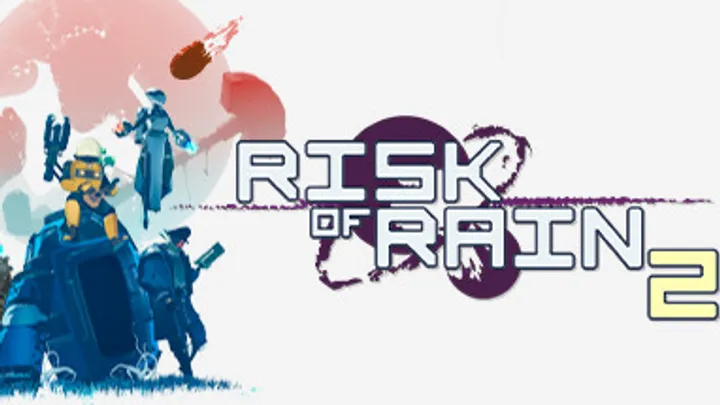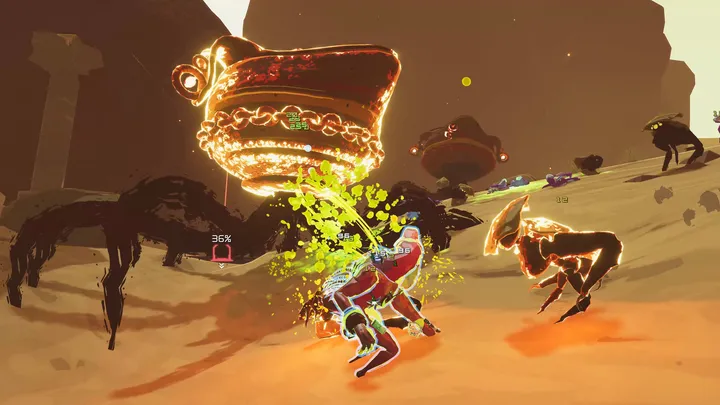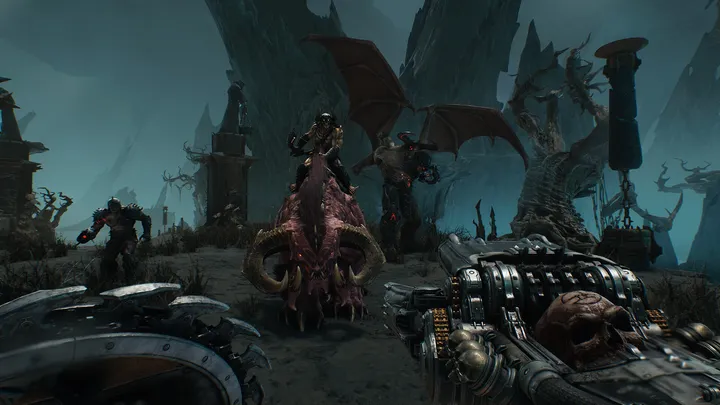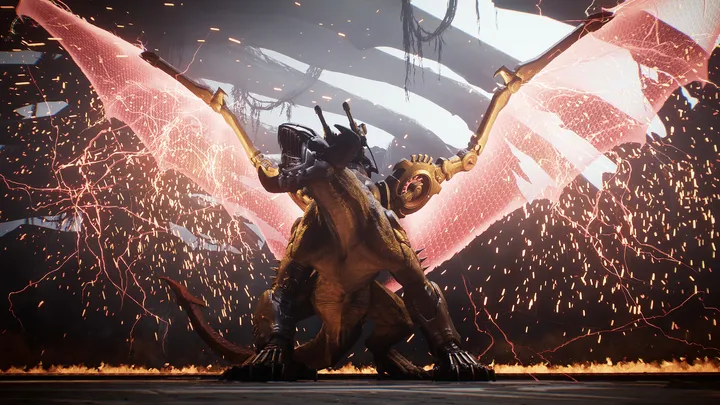Madden NFL 26 represents a significant evolution in football simulation. Beyond graphics and roster updates, the game introduces QB DNA and Coach DNA, systems designed to replicate the decision-making, habits, and tendencies of real NFL players and coaches. These innovations fundamentally reshape gameplay, strategy, and long-term engagement, creating a more authentic and unpredictable football experience. This article examines how these AI systems redefine the Madden series.
1. The Concept of QB DNA
QB DNA assigns each quarterback a unique behavioral profile based on real-world tendencies. This affects pocket presence, throwing motion, scrambling behavior, and decision-making speed.
Behavioral Complexity
Players must adapt to each quarterback's strengths and weaknesses, such as preferring to roll out, targeting specific routes, or avoiding certain pressure zones.
Impact on Strategy
QB DNA ensures that replicating the same offensive play with different quarterbacks produces varied results, requiring players to continually analyze and adjust.
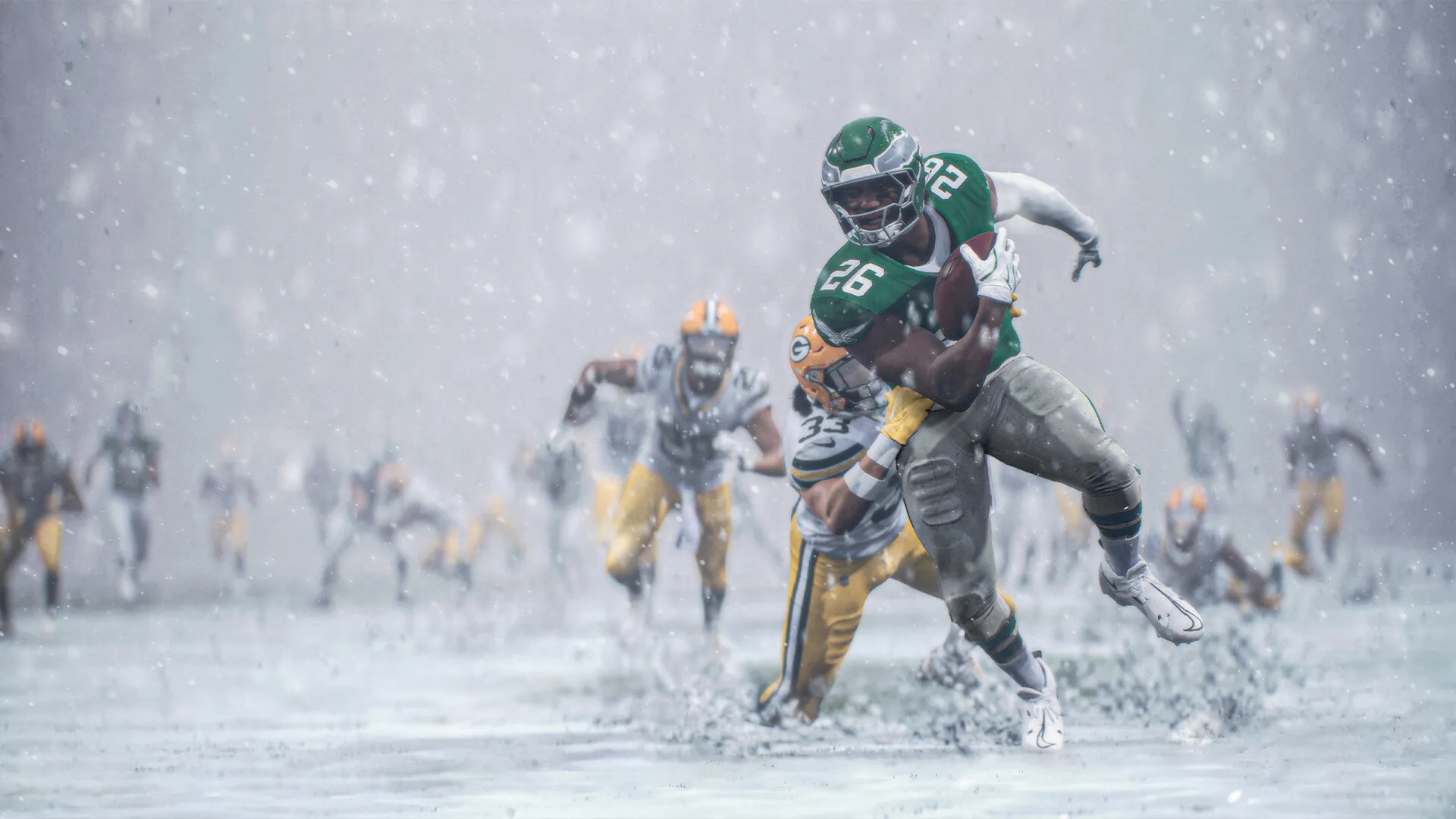
2. Coach DNA and Its Influence
Coach DNA mimics real-life coaching philosophies. Offensive and defensive strategies, play-calling frequency, blitz tendencies, and coverage schemes differ between AI opponents.
Tactical Diversity
This system forces players to study opponent tendencies instead of relying on repetitive, predictable tactics.
Realism in Decision-Making
Coach DNA also influences clock management, risk-taking, and in-game adjustments, making each matchup feel unique and strategically rich.
3. AI and Adaptive Gameplay
Combined, QB DNA and Coach DNA create dynamic AI behavior. The AI reads player tendencies, adjusts formations, and reacts to changes in tempo or play selection.
Challenge Increase
Players cannot exploit static AI patterns as in previous Madden titles. Success requires awareness, anticipation, and tactical execution.
Learning Curve
New players must learn how to read defensive shifts, quarterback habits, and adjust their approach in real time.
4. Integration with Franchise Mode
In Franchise Mode, QB and Coach DNA affect both individual games and season-long performance.
Player Development
Quarterbacks grow based on usage patterns, coaching style, and in-game decisions, making career progression feel realistic.
Team Dynamics
Coach DNA shapes recruitment, training, and in-game strategies, ensuring that no two franchises play identically.
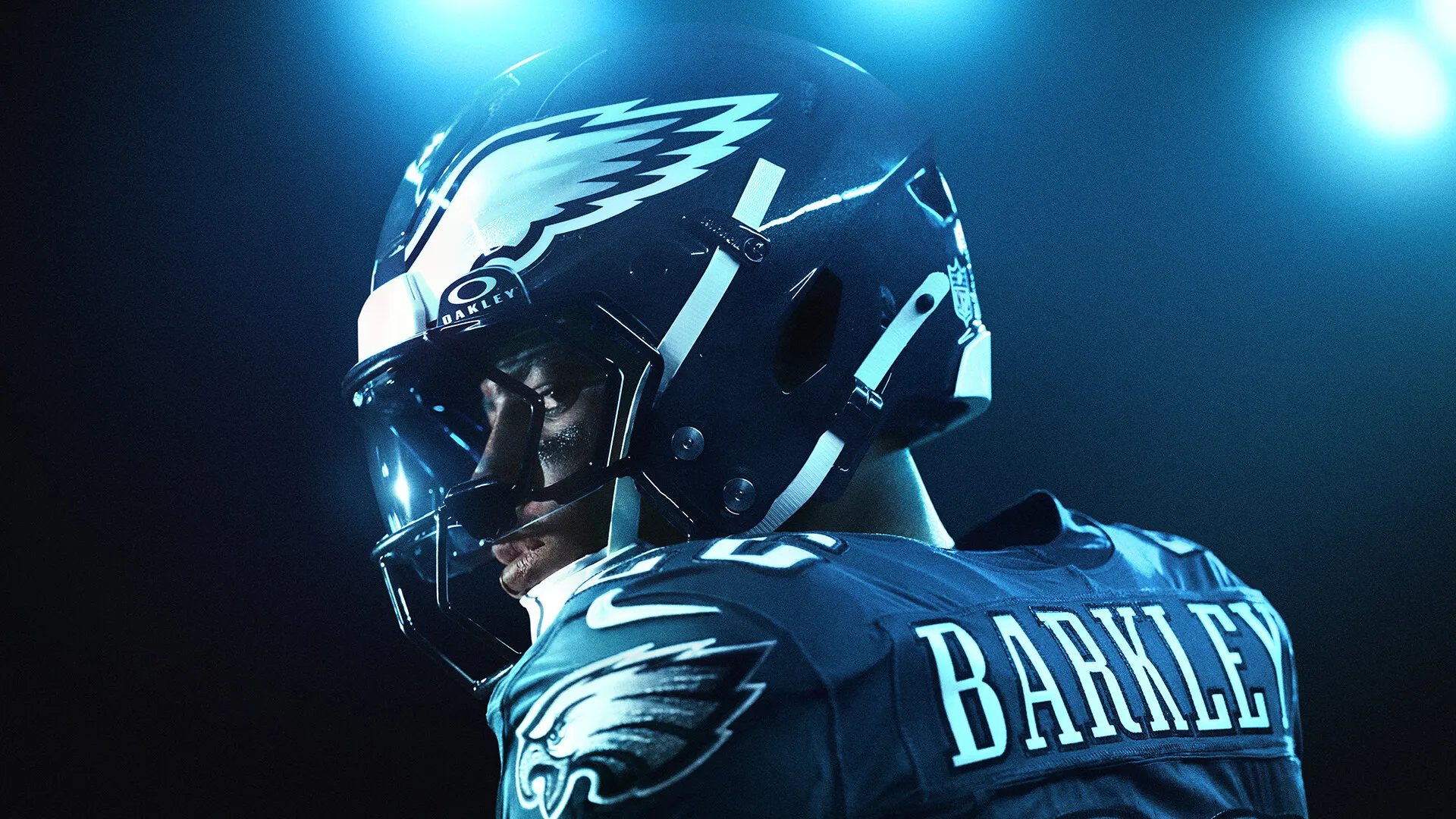
5. Superstars and Personal Progression
Superstar or “Road to Glory” mode leverages DNA systems to impact player careers. Decisions on the field, training, and interaction with teammates influence development and opportunities.
Personalized Growth
Quarterbacks experience growth based on their tendencies, while players under certain coaches see development aligned with system fit.
Strategic Role
Players must balance personal performance with team needs, creating tension between individual achievement and cooperative success.
6. Impact on Gameplay Meta
The DNA systems alter traditional Madden strategies. Plays effective in previous versions may fail, as AI counters adaptively.
Offensive Adaptation
Players must consider matchups, QB tendencies, and situational awareness when designing plays.
Defensive Adjustment
Defenses read offensive cues, react to formations, and adjust coverage dynamically, reducing reliance on repetitive tactics.
7. Environmental Factors and Gameplay
Madden NFL 26 integrates weather, field conditions, and stadium environment with DNA systems. Rain, wind, or snow affects QB accuracy and decision-making, as well as coach adjustments.
Situational Adaptation
Players learn to modify passing routes, rushing strategies, and tempo based on changing conditions.
Complexity Increase
Every factor—player tendencies, coaching style, weather—contributes to unpredictability, enhancing immersion and realism.
8. Competitive Online Play
In Madden Ultimate Team or online leagues, DNA systems heighten competition. Realistic AI behavior creates varied challenges even against human opponents.
Adaptive Opponent Tactics
AI teams and opponents modify play style based on performance trends, making consistent success dependent on strategy rather than repetition.
Skill Emphasis
Success now relies on reading defenses, timing, and understanding QB and Coach DNA—skills previously underemphasized.
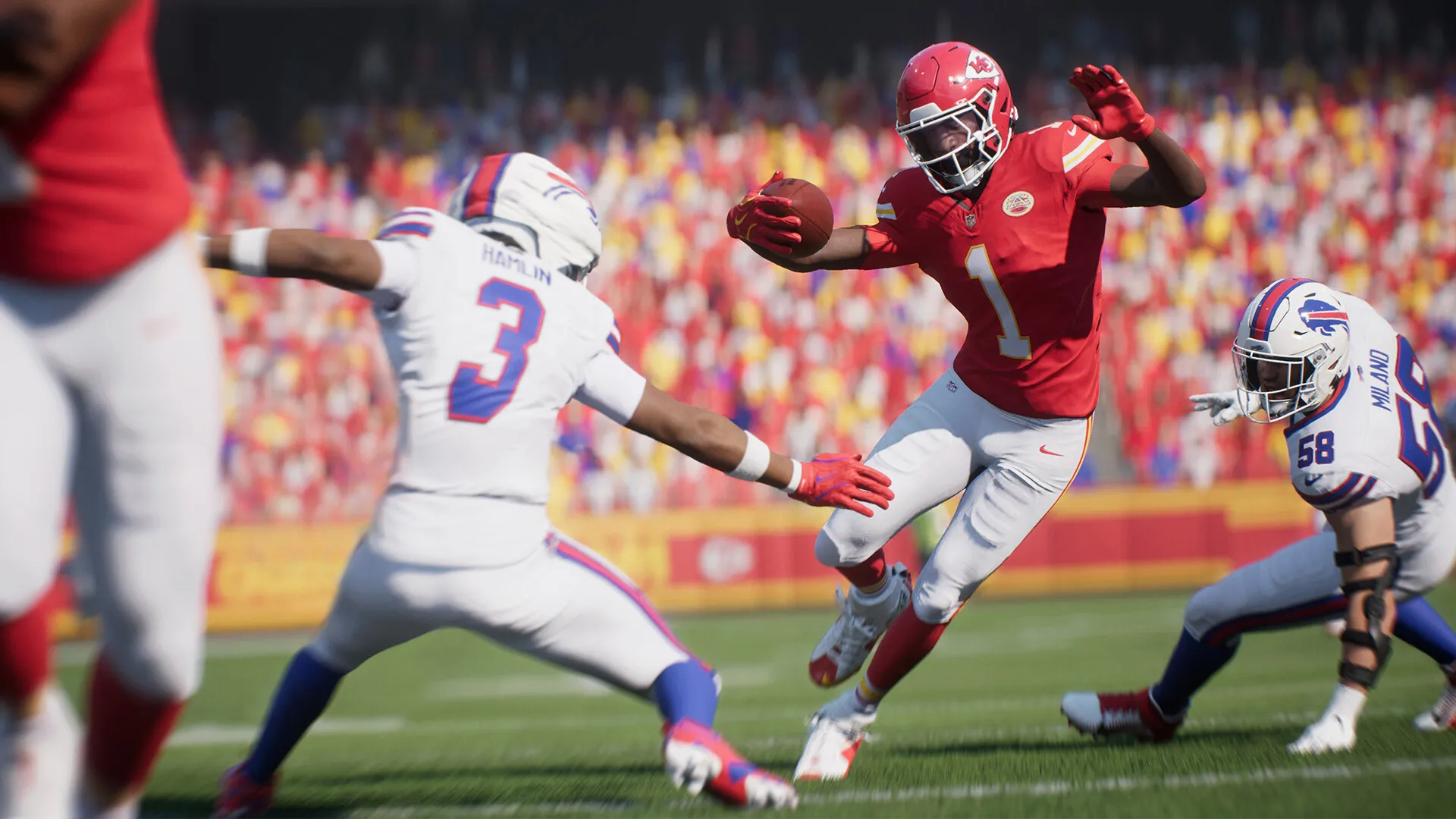
9. Long-Term Engagement
DNA systems extend replayability. Each game, season, or franchise differs based on player decisions, AI behavior, and dynamic adjustments.
Personalized Experience
No two games feel identical; players must continually refine skills, study opponents, and adapt strategies.
Narrative Depth
Quarterback development, coaching philosophies, and in-game events create emergent storylines unique to each session.
10. Challenges and Learning Curve
While DNA systems improve realism, they increase complexity, potentially intimidating new players. Mastery requires patience, observation, and adaptation.
Balancing Realism and Accessibility
EA has provided tutorials and AI difficulty scaling, but fully leveraging QB and Coach DNA remains challenging.
Rewarding Skill
Players who invest time gain deep satisfaction from reading game patterns, executing strategy, and overcoming adaptive AI.
Madden NFL 26 redefines football simulation through QB DNA and Coach DNA, integrating player and coach tendencies with adaptive AI, environmental factors, and career progression. These systems shift gameplay from static repetition to dynamic strategy, rewarding observation, adaptation, and skill. The game achieves a level of realism and unpredictability that elevates the Madden series to a new standard.












